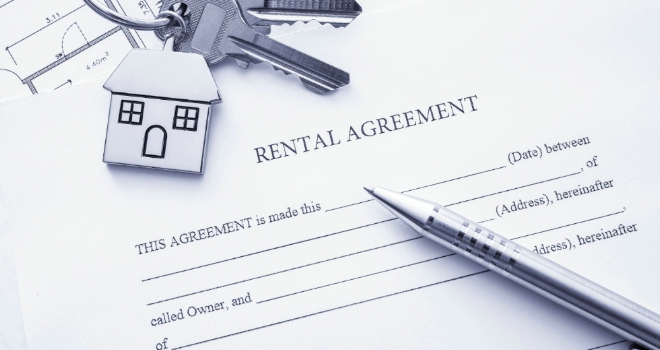
Steve Coyle, operations director, at Cullen Property outlines his top 10 things landlords should really know but often don’t:
1. Tenant Fees are illegal in Scotland.
Any ‘Tenant Fees’ are illegal in Scotland. This includes, referencing fees, agency fees, holding fees, sign up or inventory fees etc. Basically the only two things tenants should pay for in the process of letting a property are a) rent, and b) deposit.
2. Deposits must be placed in a Tenancy Deposit Scheme.
Any deposit funds must be placed in one of the three designated government backed Tenancy Deposit Schemes (TDS) within 30 working days of a lease starting/the deposit being received. Failure to do so is a criminal act and may make the landlord liable for a fine at court of three times the deposit amount being payable from him/her to the tenants. Putting the money into a separate bank account doesn’t qualify.
3. Tenants can report bad housing.
Tenants can report poor housing (e.g. no running water, excessive mould etc) to the Private Rented Housing Panel (PRHP) who have the power to stop the rent being paid to the landlord until the property is in a satisfactory condition again.
4. Lease paperwork is very important.
Allowing a tenant to move into a property without a proper AT5 or Short Assured Tenancy contract could mean that the landlord has inadvertently created an Assured Tenancy, meaning that the tenant has the right to live there indefinitely as long as they continue to pay the rent. The Landlord has few powers to gain re-possession under an Assured Tenancy.
5. Check your insurance policy.
Insurance policies, like most things in life, mean that you generally get what you pay for. Cheapest usually means least amount of cover. Some policies won’t cover even basic items like fire and flood depending on what caused them so make sure you read the small print. It’s too late to start reading it after an incident has occurred.
6. Smoke alarms – what the law says.
All letting properties must now legally have hard-wired smoke alarms in the living room, hallway and other ‘living areas’ and a hard-wired heat detector in the kitchen. This applies to one bedroom and two bedroom flats as much as larger properties too. HMO flats and properties over two levels have further requirements.
7. Know about the Factor Act.
Arranging communal repairs could now be classed as being in contradiction of the Factors Act. Collecting and using other peoples’ money to pay for any repair in a communal area could technically leave the arranger in breach of the law. Ideally, each owner should pay the main contractor their share of the costs rather than the ‘stair secretary’.
8. Tax evasion is illegal.
Landlords who earn an income from their rental property must generally complete a Tax return. Letting property is, in effect, running a small business and should be treated as such. HM Revenue & Customs can impose hefty fines on anyone discovered to be evading tax. Generally, the interest part of any mortgage can be off-set against the tax bill for the property along with various other concessions. Check the HMRC website for full details.
9. Check-ins and check-outs.
Conducting a proper check-in and check-out is essential. These should include a full inventory check, condition report check, and a full set of dated digital photographs. If the Landlord and the tenant can’t agree on what the tenant may be liable for at the end of the lease then the check-in and check-out evidence is the only way the Landlord can prove his case. In contested cases, TDS adjudicators start from a position of ‘the money belongs to the tenant’, and it’s up to the Landlord to prove otherwise.
And finally, for all those reading this and saying to themselves, ‘Well, I never knew that!’…
10. Ignorance is no excuse
It’s important for landlords to keep up-to-date with letting rules and regulations.‘Ignorantia juris non excusat’ or ‘ignorantia legis neminem excusat’ is Latin and is a legal principle holding that a person who is unaware of a law may not escape liability for violating that law merely because he or she was unaware of its content. The translation being: “Ignorance of the law does not excuse" or "Ignorance of the law excuses no one" so be sure to do your homework and keep abreast of new rules and regulations.





